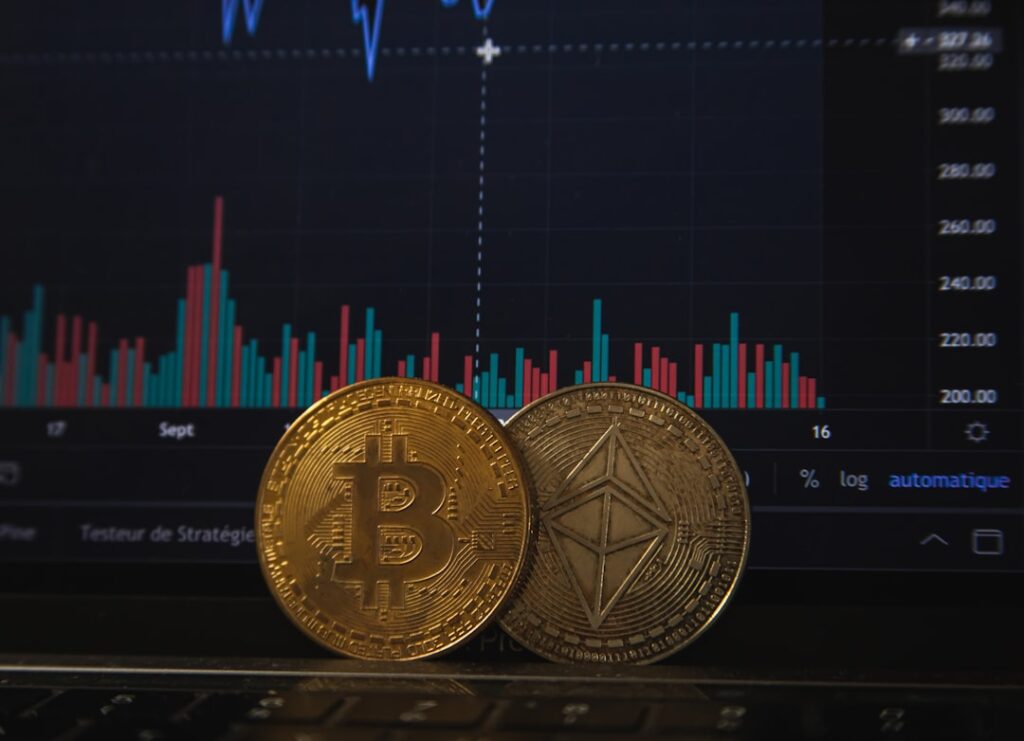Introduction
In today’s digital age, surveillance has become an integral part of our lives. From social media platforms to e-commerce websites, personal data is being collected, stored, and analyzed constantly. However, this has raised serious concerns about personal data privacy. Enter blockchain technology – a promising solution that could help secure personal data privacy amidst the constant digital surveillance.
Understanding the Blockchain Technology
Blockchain, at its core, is a decentralized and distributed digital ledger that records transactions across many computers. This ensures that the recorded transactions cannot be altered retroactively, providing a high level of security. For instance, Bitcoin, a popular cryptocurrency, uses blockchain technology to secure its transactions.
How Blockchain Can Enhance Personal Data Privacy
Blockchain can provide an added layer of security to personal data in several ways. Firstly, it can offer pseudonymity to users. In a blockchain-based system, users are identified by their public keys. This means their private information is not directly linked to their transactions, thereby preserving their privacy.
Secondly, blockchain records are immutable and transparent. Once a transaction has been recorded on the blockchain, it cannot be changed or deleted. This makes it harder for unauthorized parties to tamper with the data. Furthermore, all transactions are visible to everyone on the blockchain network, increasing transparency and trust in the system.
Practical Applications of Blockchain in Data Privacy
Blockchain has already started to make its mark in various sectors where data privacy is crucial. For example, in healthcare, blockchain can secure patient data and allow it to be shared securely among healthcare providers. MedRec, an MIT-backed project, uses blockchain to give patients control over their medical records, enhancing their privacy.
In another instance, social media platforms like Peepeth are using blockchain to give users control over their data, thereby reducing the risk of privacy breaches.
Conclusion
While blockchain holds great promise for securing personal data privacy, it’s not a silver bullet. Regulations must be put in place to ensure that the technology is used ethically and responsibly. However, with its potential to transform data security, blockchain could play a critical role in shaping a future where personal data privacy is respected and protected amidst constant digital surveillance.

